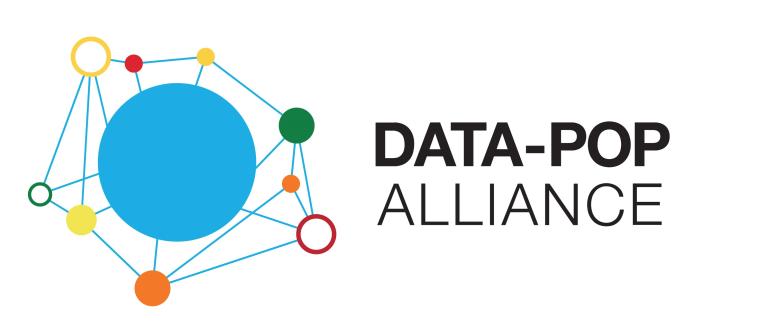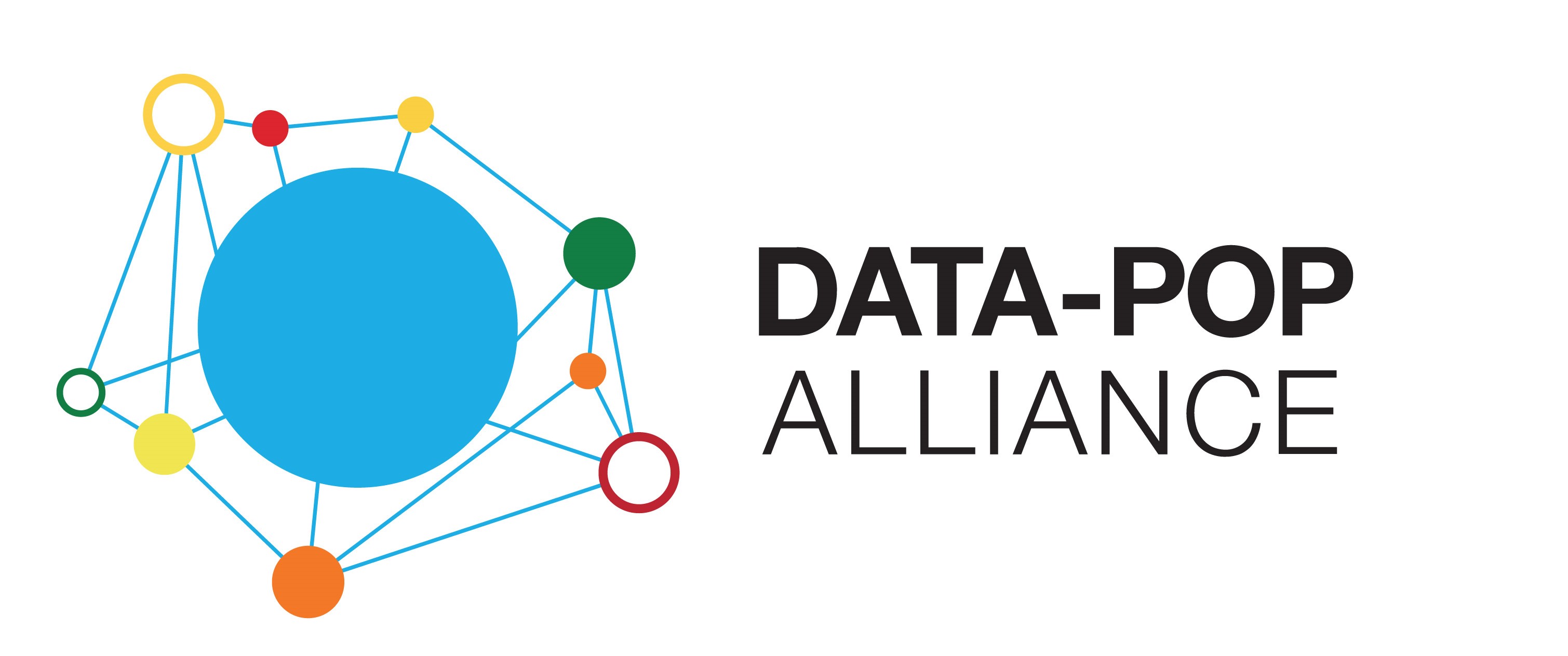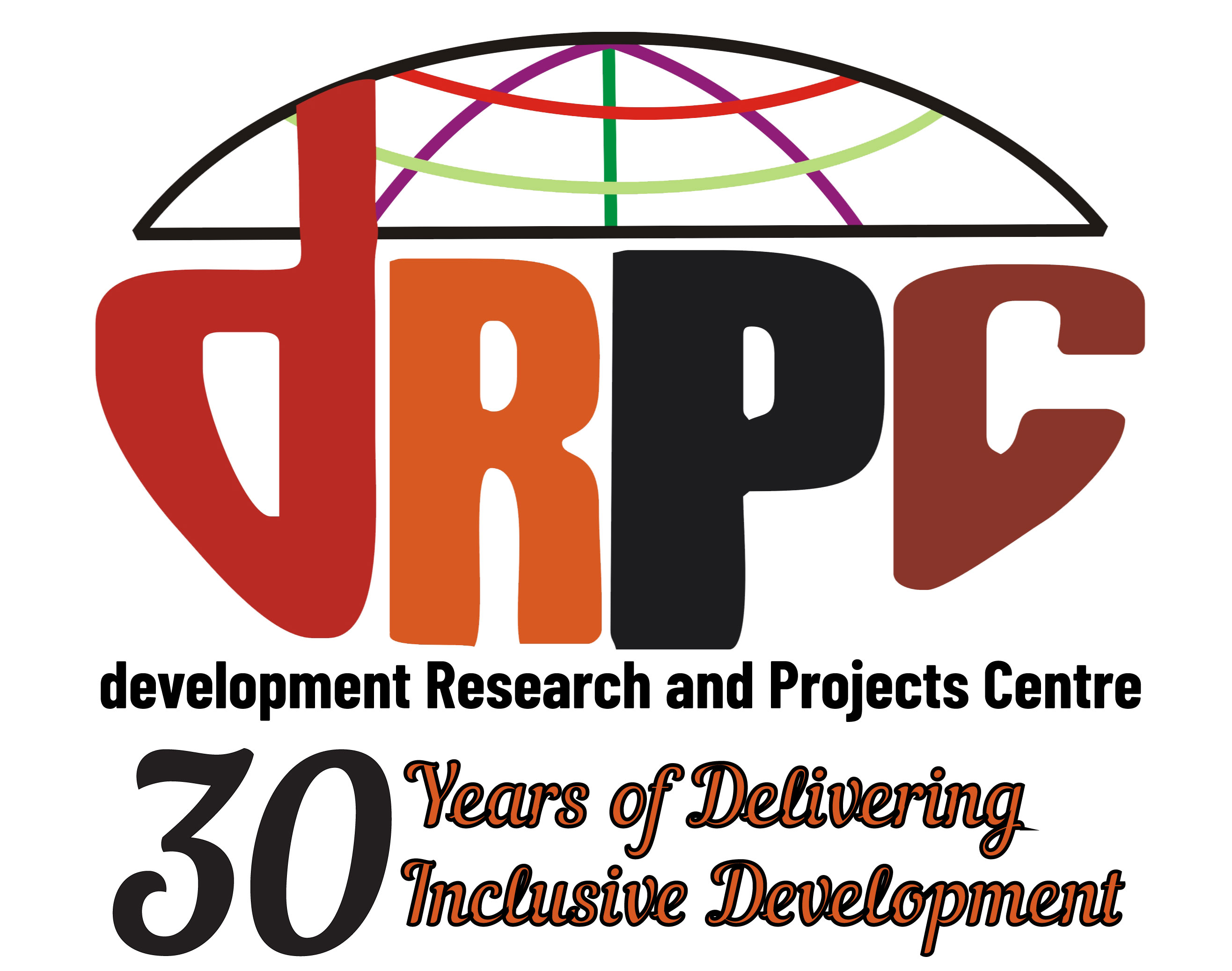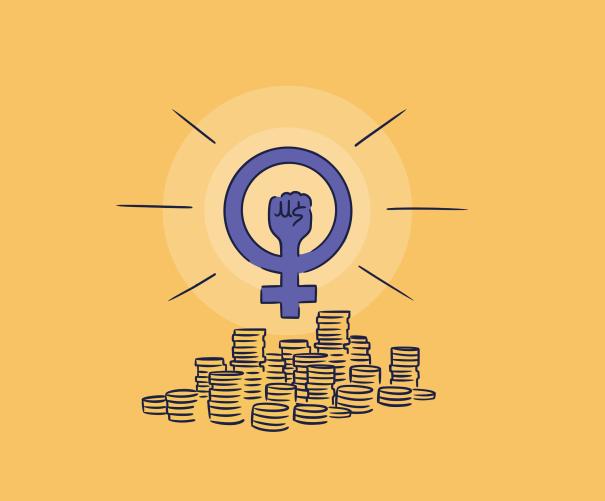
On- and offline gender-based violence facilitated by technology (TF-GBV) is a grave concern for women in politics, often causing women to stay away or withdraw from politics all together. This is especially true for those women who are further marginalized through intersecting systems of power such as race, age or sexuality.
TF-GBV against women in politics is an increasing, global concern for democracies. It is situated within the rising anti-gender and anti-feminist backlash, and further aided by resistance from technology companies for greater regulations of their activities and responsibility to prevent and address such violence.
Studies conducted by ALIGN partners in Nigeria, Nepal, Peru, and Zimbabwe, completed in 2023, substantiated these findings and further highlighted the negative impact of unequal gender norms in political parties on women’s political participation and voice.
The intersection of these two factors – TF-GBV against women in politics and unequal gender norms in political parties – is the focus of ALIGN’s latest global research project: Party responses to TF-GBV. As many political parties and governments have committed to increasing women’s political participation, it is essential for them to address TF-GBV.
This research project is implemented in partnership with Data-Pop Alliance in Brazil and the development Research and Projects Centre in Nigeria seeks to identify how social (gender) norms and other factors shape political parties’ responses to TF-GBV against women in politics and what practices can be adopted by political parties to address it and to create a more enabling environment.
This collaborative, co-created research project uses multi-method enquiry including interviews plus literature and document reviews. By working in the context of Brazil, this study focuses on the experiences of women in the majority world. As such, it fills an important gap in research on political parties and gender equality, which has been dominated by the countries of the 'Global North'.
The project was launched in November 2024 and is currently ongoing.
About the research partners


Data-Pop Alliance
Data-Pop Alliance (DPA) is a non-profit, think-and-do-tank, created in 2013 by the Harvard Humanitarian Initiative, MIT Connection Science, and ODI. DPA brings together researchers, practitioners, and activists driving for positive change in the world using data and AI. DPA focuses on three pillars of work: diagnosing local realities and human problems with data and AI; mobilizing capacities, communities, and ideas towards more data literate societies; and, ultimately, transforming the systems and processes that underpin our societies and countries. For more information about DPA’s work, consult their most recent Overview and Outlook 2023-2024 annual report.


The development Research and Projects Centre (dRPC)
Formed in 1993 by 10 lecturers from Nigerian universities, the development Research and Projects Centre (dRPC) has had a 31-year track record of designing and implementing innovative and cutting-edge development and humanitarian projects. The dRPC’s projects are in diverse areas of – action and policy research; awareness creation; social and gender norms shifting; and policy advocacy. All dRPC projects are gender-facing and incorporate beneficiaries and stakeholders in design teams or as researchers, key informants, rights holders and validators. Over the years, we have established an unchallenged track record of nudging government to effect policy change; of shifting traditional and cultural norms; of strengthening the capacity of civil society organizations; of standing up for true localization; and of mainstreaming the voices and felt needs of women and girls into change agendas of donors and government. The small `d’ in dRPC captures our human centred approach to our work. This is a bottom-up approach where development is viewed in software terms and not hardware deliverables. The dRPC is a non-profit, secular, non-political, value driven, mission oriented, registered civil society organization

ALIGN micro-grant funds
Find out more about ALIGN's micro-granting including open-calls and completed research.